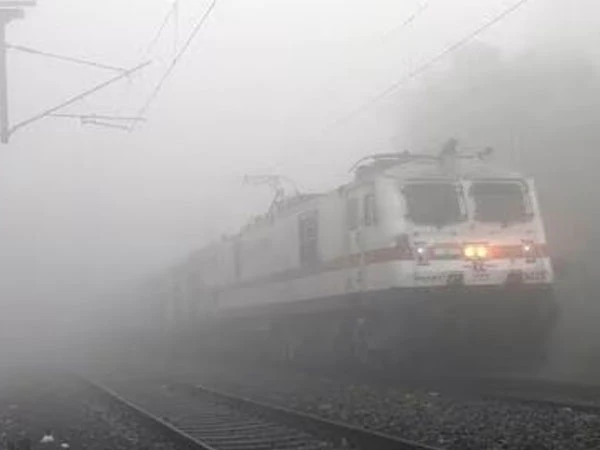
In 2019, the railways had 6,940 fog devices. By 2024, that number has increased to 19,742. This means that in five years, the number of machines purchased by the railways to combat dense fog has risen by 12,802. Each device costs around ₹35,000. In total, the ministry under Ashwini Vaishnaw has spent at least ₹69 crores and 97 lakhs in this regard.
However, this hefty expenditure to tackle fog seems to be going down the drain. Many long-distance mail and express trains may be canceled again this winter, despite having fog devices worth nearly ₹70 crores. Since before the festive season, the railway ministry has been making excuses regarding this issue. It has been clearly stated that dealing with natural challenges is not easy! In fact, advertisements have been published in newspapers announcing potential train cancellations during the winter season.
Just last Sunday, the Eastern Railway published advertisements in newspapers. It announced a list of trains that will be fully or partially canceled and will operate under controlled conditions from December 1 to January 10, 2025, and February 28, during the “upcoming fog season.” During this timeframe, the Eastern Railway has canceled a total of eight trains due to fog. According to ministry sources, other railway zones are also advertising in newspapers and other media about train cancellations as per the prevailing conditions. At least such instructions have been issued. Experts believe that it is clear that the railway is giving up right from the start. Taking such steps well before the winter season begins proves that spending crores of rupees will not lead to any real action from the railways. From Modi to Ashwini Vaishnaw, they will continue to make grand promises year after year. However, railway passengers will not escape the delays. Passengers will be the most affected, enduring hours of delays.
So, is the improvement in railway infrastructure merely on paper? This raises questions. In this context, Anindita Nath, a resident of Gurugram, says, “In the cold, passengers have to wait at the station for 12 to 14 hours. With several trains being canceled in advance, this time the problem will only escalate.” Since the COVID period, flight fares have skyrocketed, leaving many passengers reliant on the railways. However, dynamic fares are also present. Another question is, will refunds be available for canceled tickets? The railways claim that passengers will receive a full refund if a train is canceled. But what if that doesn’t happen? In winter, especially in Northern India or for trains heading to North Bengal, passengers face severe hardships every year. Even premium trains like the Rajdhani, Shatabdi, and Duronto Express often run late by an average of three to four hours. This fear has begun well ahead of time this year.

